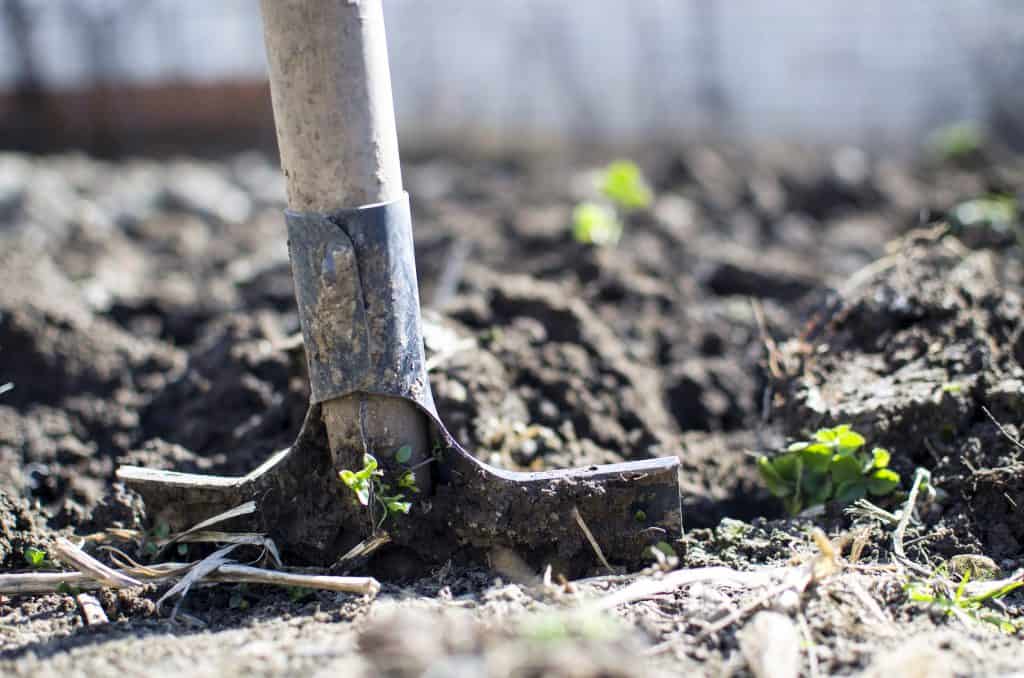
Degradation of soil as well as water shortages will worsen in the light of the massive population growth predicted for the region
The need for ongoing research to help small farmers in Africa improve their yield has been called into question, with two diametrically opposed views emerging at the 3rd International Conference on Global Food Security, held in Cape Town on December 3 – 6, 2017.
Sufficient research had already been done, technologies were in place, and these farmers could be helped immediately, said Professor Richard Sikora, head of Soil Ecosystem Phytophathology & Nematology at the Institute of Plant Diseases in Bonn, Germany.
His view, expressed during the second day of the conference in a session on Food Safety, was countered by a fellow presenter who was adamant there was still a great need for locally-relevant research with international impact.
Professor Dave Berger, who leads the Molecular Plant-Pathogen Interactions Research Group in the Forestry and Agricultural Biotechnology Institute (FABI) at the University of Pretoria, presented the results of research conducted by his team in the Eastern Cape and KwaZulu-Natal in respect of Northern Corn Leaf Blight, a major threat to the maize yield of small-scale South African farmers.
They identified three plant hybrids to which the disease was indeed a threat, and which consequently required chemical controls, along with a host of others that showed genetic resistance to the pathogen. These, he explained, would not require fungicide spray in order to protect a farmers’ yield.
“This allows us to recommend hybrids for use on small farms where chemical spraying is undesirable or unaffordable,” he told delegates, adding that this kind of high-quality research was essential to illustrate that it does indeed matter what seed you plant.
Sikora, who is currently involved in a five-year collaboration with University of Stellenbosch experts studying food production in sub-Saharan Africa, said in his address it was more important for countries to urgently adopt established good-farming practices that boost yields across all forms of farming systems, and farm sizes.
Farmers needed to have access to modern plant varieties and increased irrigation and fertilisation, as well as education on how to improve soil fertility, and in plant health management practices.
This, he said, was what would result in higher production levels that could ultimately meet the dire need for southern Africa to produce enough of its own food.
“The region needs to increase overall production by at least 1% to 2% per annum to 2050 to keep up with population increases, and the effects of environmental changes threatening plant production.
“We are talking here about degradation of soil as well as water shortages that will worsen in the light of the massive population growth predicted for the region. It’s already an area that is a massive importer of foods,” he warned.
Sikora also raised concerns about the fact that none of the seed used in Africa, except for in South Africa, had been treated with fungicides. This immediately put the farmers at risk for crop failure.
“So they are losing 10% of their crop before the plant even grows because the crops die,” he said.
Ultimately, however, Sikora believed the battle could be won, but that it would need a toolbox of interventions, rather than any single one.
Watch short interviews on YouTube
All the technology necessary to produce good crops is available. We don’t need more research. We need to bring in that technology and adapt it to be site- and farmer-specific
related Articles
Some plants can short-circuit the toxic effects of metals – now scientists...
Some plants can short-circuit the toxic effects of metals – now scientists are trying to harness their power Heavy metals can…
Unique food and nutrition journey
“Worcester was recently the location of a ‘learning journey’ where participants gained first-hand experience of challenges in the town’s food…
Research initiative to tackle food security, global warming
Photo: Jessie Crettenden / Pexels. “In an effort to bolster cooperation between European and African countries as they face joint…



